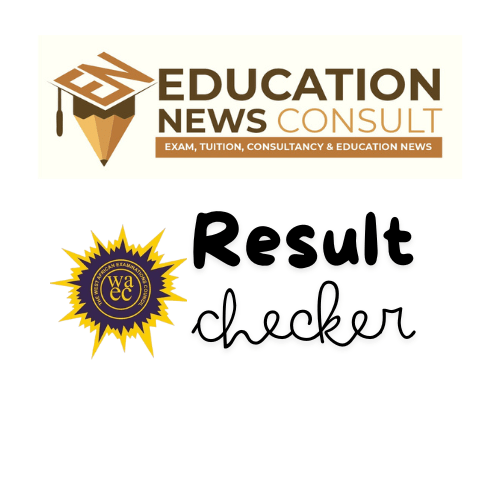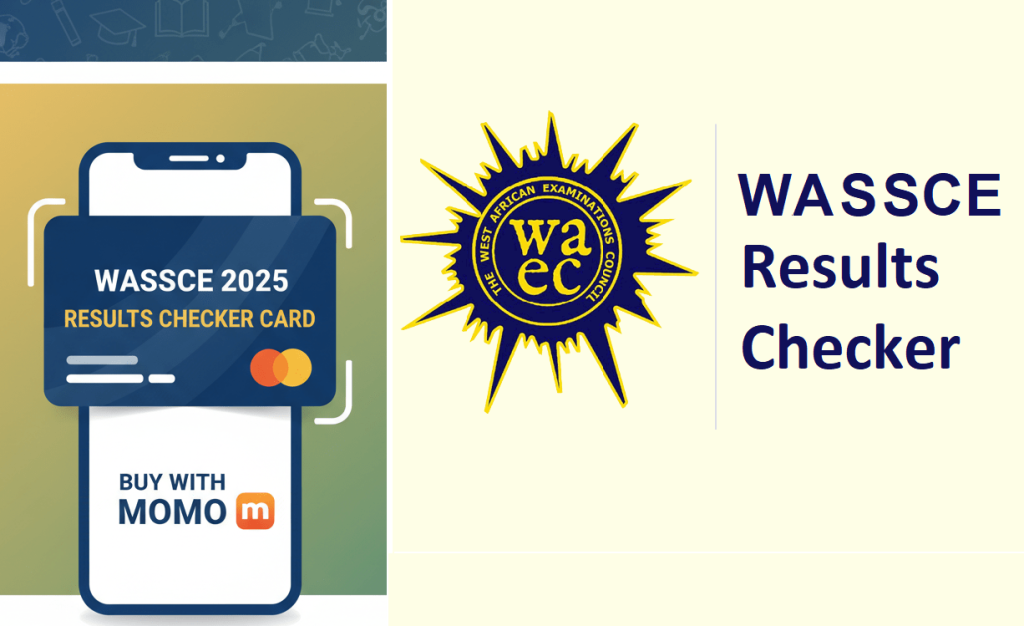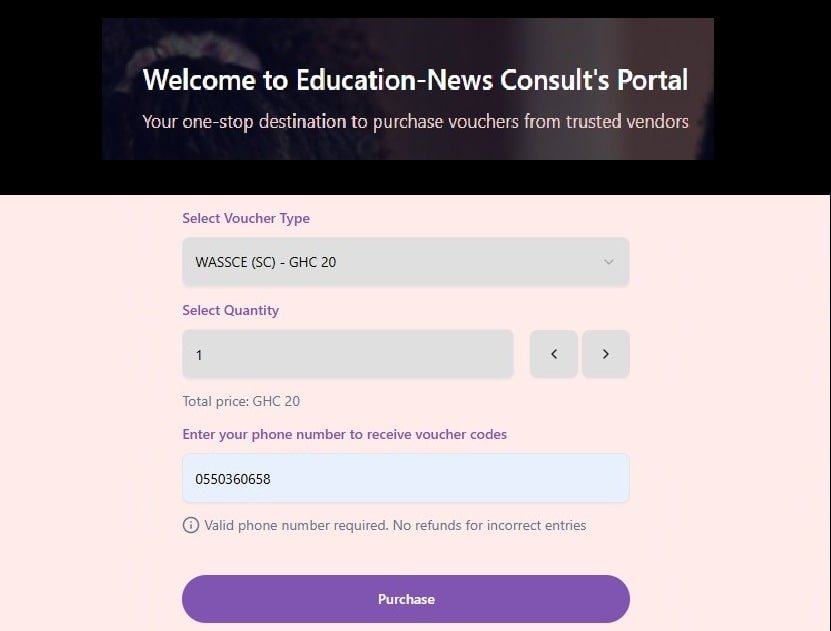Elections are held every four years in Ghana to elect a president and 275 members of parliament, but my question is, “Is Free SHS alone worth your vote for the NPP and Dr. Bawumia?
This article looks closely at the decision of many disappointed Ghanaians who still want to vote for the NPP in the December elections because their ward or someone close to them has benefitted from Free SHS. We then look at the similarities between the NDC and NPP education policies in their manifestoes and decide which of the two is superior with the aid of ChatGPT.
Is Free SHS alone worth your vote for NPP and Dr. Bawumia?
This question emanates from engagements with parents who are potential voters in the upcoming election as well as students and members of the general public.
While the Free SHS Policy has come to stay, there are many who believe the policy is enough for them to vote for the NPP again in 2024, irrespective of the many challenges that confront the nation today.
For those who hold the above belief, dear, it may not be an issue of being myopic in their bird’s view of the issues but their appreciation of the NPP for the policy.
One cannot run away from the fact that the Free SHS Policy is captured in the 1992 Constitution and demands that secondary education be made progressively free.
The Free SHS Policy has come to stay; hence, voting for the NPP based on just that is not enough reason for your vote that will keep a government in power for another four years.
Voters must cast their nets wide and look out for more options and social interventions that will further improve their well-being and that of their children.
In the coming election, the National Democratic Congress (NDC) will have a stress-free fee policy for tertiary education. According to the party, it will take care of the tuition fees of LEVEL 100 students who will gain admission into public tertiary institutions in January 2025. As rational beings, and all things held constant, if we have children who have just completed their 2024 WASSCE and enjoyed Free SHS, a policy no political party can cancel, we should be targeting another policy that will lessen our burdens in terms of education.
The ruling NPP has indicated their commitment to ensuring that the Free SHS is not cancelled, while the opposition NDC and Ghanaians in general have called for a review of the policy. Issues such as overpopulation of schools and dormitories and underresourcing of schools in the areas of furniture, school buildings, and food supplies, among others, have negatively impacted the quality of Free SHS parents and Ghanaians expected.
The fact that learners spend more days at home each year as vacation compared to the number of days they remain in school is another worry the opposition NDC has promised to solve.
Due to the above challenge, parents have to spend more on vacation school lessons for their children. While many cannot afford these services, the ruling NPP believes that Ghanaians must be grateful for a poorly implemented policy.
Our universities are now complaining about the poor quality of Free SHS graduates who obtain perfect A1 scores in subjects yet cannot solve basic algebraic expressions. For the NPP and its sympathisers, persons who make such pronouncements are members of the NDC.
Sad as it may sound, our secondary school education system has seen a deep decline irrespective of the over 5.7 million students who have benefitted so far from the policy, but the government is not able to measure the quality of education these Free SHS students are receiving and also mention it boldly like it does when it comes to the numbers.
Would you prefer an NDC government that promises to expand education infrastructure to deal with the accommodations and long vacation challenges, or would you prefer the NPP government to continue in government and pay lip service to the challenges that have confronted the Free SHS till date?
Do you prefer a better revised Free SHS and Free Tuition for Level 100 WASSCE graduates to a regime where scholarships meant for the poor and ordinary are given to party faithfuls and the rich under the rulling NPP?
If we put the party colours aside and open our minds to truth and the usual power of common sense Ghanaians like you and I exhibit in our daily judgement, we will make the right choices that will favour our children and ourselves if we were to base who we will vote for based on education-related policies.
Is Free SHS alone worth your vote for NPP and Dr. Bawumia? Now let us expand our discussion by looking at the 10 similar policies between NDC and NPP in education as well as the 10 distinct policies between NDC and NPP in education. Finally, we look at the interesting verdict by ChatGPT titled the Superior Policy Suggestion for Electorates:
10 Similar Policies between NDC and NPP in Education:
- Free SHS Expansion: Both NDC and NPP emphasise expanding access to secondary education through Free SHS, with NDC planning to extend it to private schools and NPP sustaining it in public schools.
- STEM and Digital Literacy: Both parties support integrating Science, Technology, Engineering, and Mathematics (STEM) and digital literacy into the curriculum at all levels.
- Infrastructure Development: Both parties recognise the need to address infrastructure challenges in education by improving and expanding school buildings, especially for basic and secondary education.
- Teacher Professional Development: NDC and NPP highlight the need for continuous teacher training and professional development to enhance educational outcomes.
- TVET (technical and vocational education and training): Both parties prioritise investments in TVET to equip students with practical skills for the job market and self-employment.
- Curriculum Reform: Both parties are focused on reviewing and reforming curricula to prioritise skills acquisition, value-based education, and employability.
- Indigenous Language Education: Both parties support teaching in local languages, particularly at the basic level, to enhance cultural sensitivity and cognitive development.
- Capitation Grants: Both parties pledge to improve the capitation grant system to ensure its regular disbursement and proper implementation at the basic level.
- Scholarship Programs: Both NDC and NPP propose scholarships for disadvantaged students, with NDC focussing on expanding free tertiary education for students with disabilities.
- ICT Integration: Both NDC and NPP seek to improve digital literacy by providing digital resources such as laptops, tablets, and ICT labs to students at various levels.
10 Distinct Policies between NDC and NPP in Education:
- Early Childhood Education Initiative: NDC’s ‘Bright Beginnings Initiative’ focusses on integrating early childhood education into basic education and establishing early learning facilities, whereas NPP’s emphasis is more on primary and secondary education.
- No-Academic Fees for First-Year Tertiary Students: NDC proposes a “No-Fees-Stress” policy, eliminating academic fees for first-year tertiary students, a policy absent from NPP’s manifesto.
- Abolishing Double-Track System: NDC aims to abolish the double-track system in secondary schools, while NPP maintains it as a temporary solution to overcrowding.
- Decentralizing Food Procurement: NDC plans to decentralise food procurement for schools to improve quality and reduce corruption, which is not explicitly mentioned by NPP.
- Private Sector Partnership: NPP emphasises greater public-private partnerships in education, such as outsourcing certain educational services, while NDC focusses more on state-driven initiatives.
- Support for Early Childhood Educators: NDC commits to professional development programs specifically for early childhood educators, while NPP focusses on broader teacher training.
- Expansion of Free SHS to Private Schools: NDC plans to extend Free SHS to private schools, while NPP’s policy remains focused on public institutions.
- Introduction of AI Labs in Schools: NDC proposes establishing artificial intelligence labs in secondary schools, a policy not present in NPP’s manifesto.
- Ghana Pre-schools Online: NDC aims to enhance early childhood education through Ghana Pre-schools Online, which is absent in NPP’s digital education agenda.
- National Apprenticeship Program: NDC’s focus on a National Apprenticeship Program to support job creation for TVET graduates is distinct from NPP’s emphasis on job creation through industrial partnerships.
Superior Policy Suggestion for Electorates According to CHATGpt
Both manifestos offer valuable reforms in education, but NDC’s policy may seem superior for its comprehensive approach to addressing infrastructure deficits, early childhood education, decentralisation of food procurement, and an aggressive focus on expanding Free SHS to private schools. Additionally, their plan to introduce AI labs, abolish the double-track system, and offer “No-Fees-Stress” for tertiary students could appeal to a wider range of voters concerned with quality, access, and equity in education.
However, electorates should carefully weigh both parties’ track records, feasibility, and commitment to delivering on these promises before making a decision.
Is Free SHS alone worth your vote for NPP and Dr. Bawumia? This is a question you must answer to make a good decision and not just any vote.








Leave a Reply